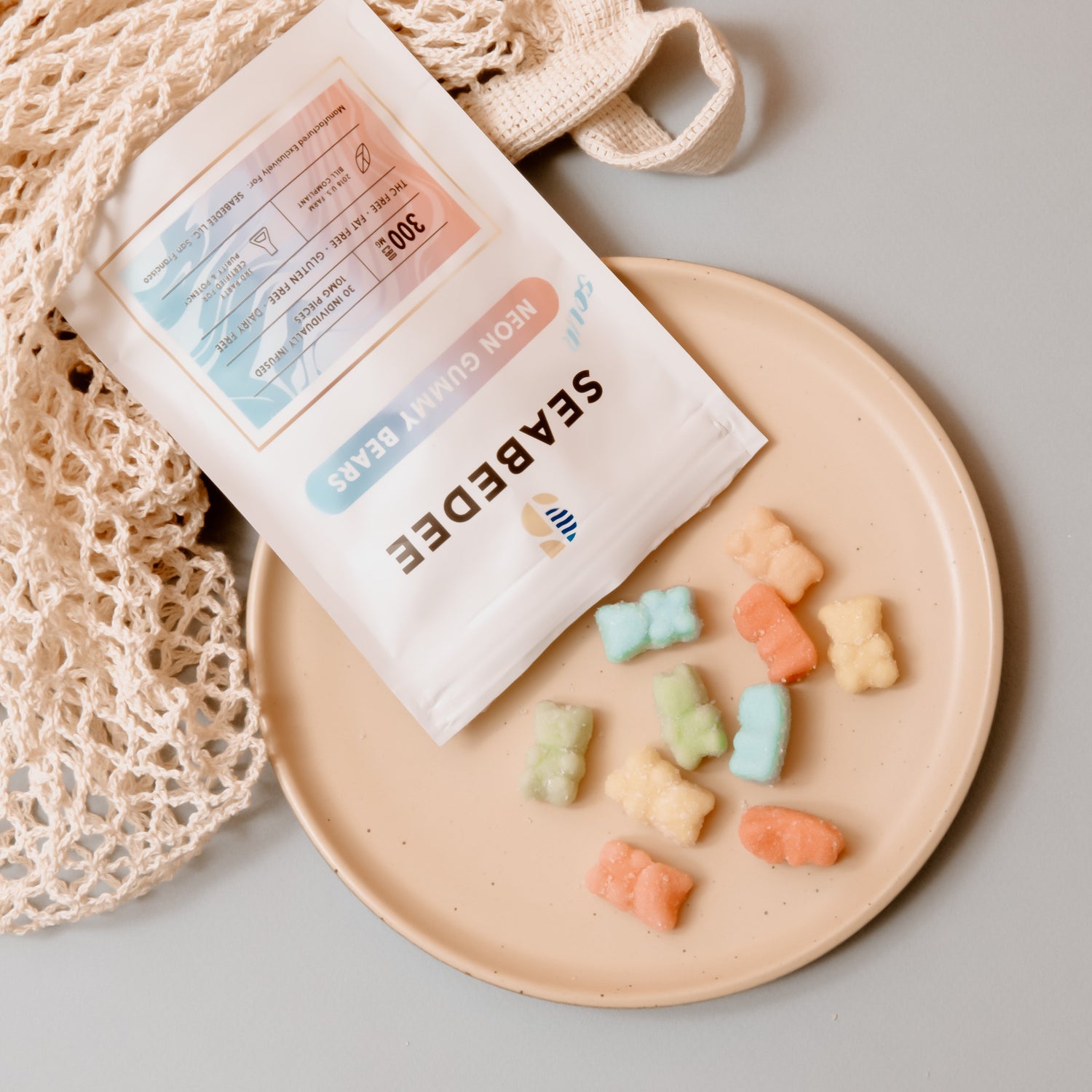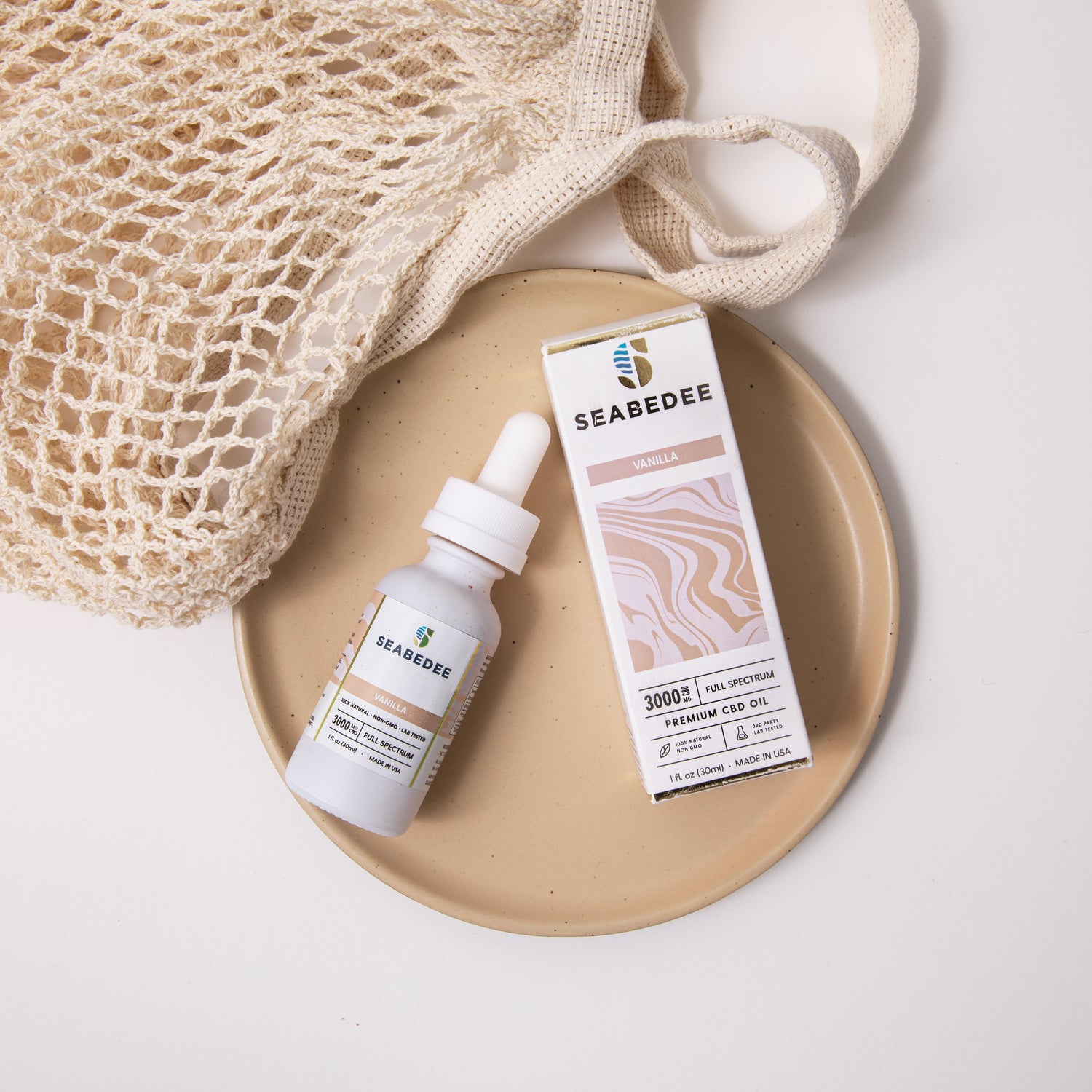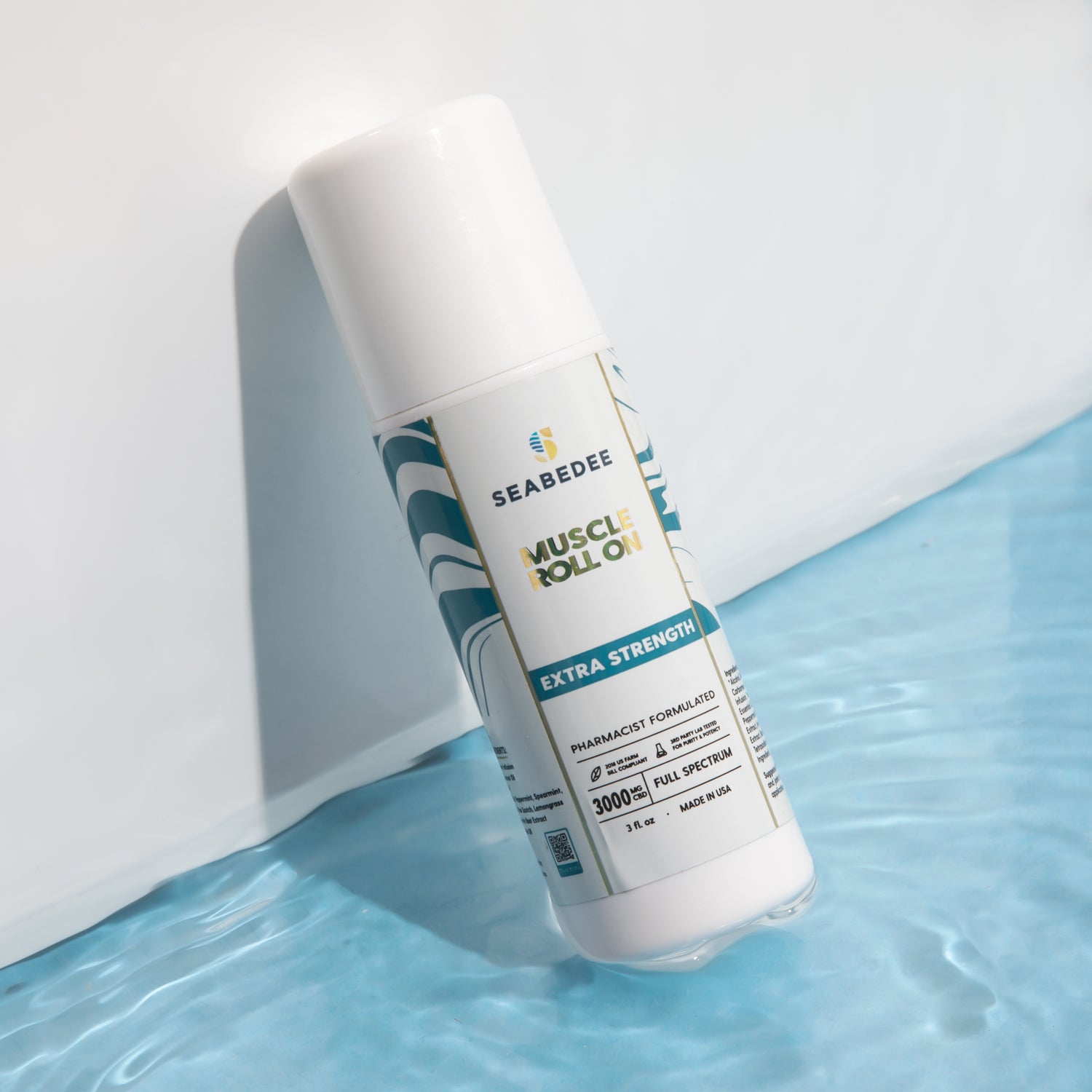The health benefits of CBD are gaining traction in both mainstream media and general society, opening doors to more open-mindedness and cannabis education. In addition, the regulation of CBD products continues to evolve— even the Food and Drug Administration (FDA) now advocates for the lawful marketing of CBD’s potential to transform people’s health!
As CBD’s popularity continues to trend upward, there’s one aspect of it that is demanding attention: CBD’s role addiction recovery.
Some Background on the Opioid Crisis
Over 81,000 people passed away from opioid drug overdoses between June 2019 and June 2020. Compared to previous years, 2020 saw a surge in overdose deaths, highlighting the issue with pharmaceutical medications. People battling health conditions and experiencing high levels of pain are more often than not prescribed heavy-duty, highly addictive “painkillers”. Minus the “pain”, these little suckers are killers, and the statistics on opioid related overdoses back that.
Enter CBD, What’s Now Being More Widely Considered an “Opioid Alternative”
There’s an abundance of evidence demonstrating how CBD improves lives, in particularly in addiction recovery. Although research on CBD is still developing, preclinical trials point to CBD’s promise in opioid addiction treatment and recovery. Why? In layman’s terms, CBD influences the ECS and receptors in a way that changes how brain cells “talk” to each other. People who suffer from opioid addiction tend to have damaged brain cells as a result of the substance abuse. While more research is needed, pre-clinical trials have found that CBD may serve beneficial when included in treatment for opioid and drug addiction.
According to the Recovery Research Institute, CBD substantially cut cue-induced cravings and anxiety in people who were in addiction recovery. For those who reported fewer cravings, this effect reportedly lasted for at least one week. Another study published by PubMed found that more than half of opioid patients reduced or cut opioid use within eight weeks of incorporating CBD into their daily routines. Bottom line: CBD could be key to helping people on their recovery journey in an all-natural and safe way. Furthermore, CBD is readily available, non-habit forming and federally legal in the U.S.
A Few Greater Implications to Consider
CBD’s accessibility in the modern age shines promise into the dismally lit corner that the opioid crisis lies in. In fact, according to CNN and KHN, CBD’s acceptance in society could play a critical move in addiction recovery. If CBD can be in more people’s hands as an alternative to addictive pharmaceutical medications, then it could arguably save lives and help people avoid drug addiction and painkiller dependency. More so, CBD could help steer people away from relapse or overdose, acting as mitigatory to the symptoms of withdrawal.
Key Takeaway: Stay Informed, Educated, and Open to Possibility
CBD is perhaps a gateway to better health for many, especially in addiction recovery. Pain management in America and across the world needs a better option available than habit and dependency forming opioids. CBD is a naturally derived compound with substantial anti-inflammatory properties and other profound benefits to health. Although more research is needed to qualify CBD as a treatment or clinical treatment, preclinical trials and personal testimonies speak volumes on behalf of CBD’s ability to help aid addiction. The industry is at a turning point, CBD research is evolving, and the benefits are being revealed. Welcome to the future, and it has CBD written all over it.
The above article is merely intended to be informative and does not represent medical advice. It is recommended to consult your physician with questions regarding how CBD can potentially help improve or maintain your health.


Share on facebook
Share on twitter
Share on instagram











